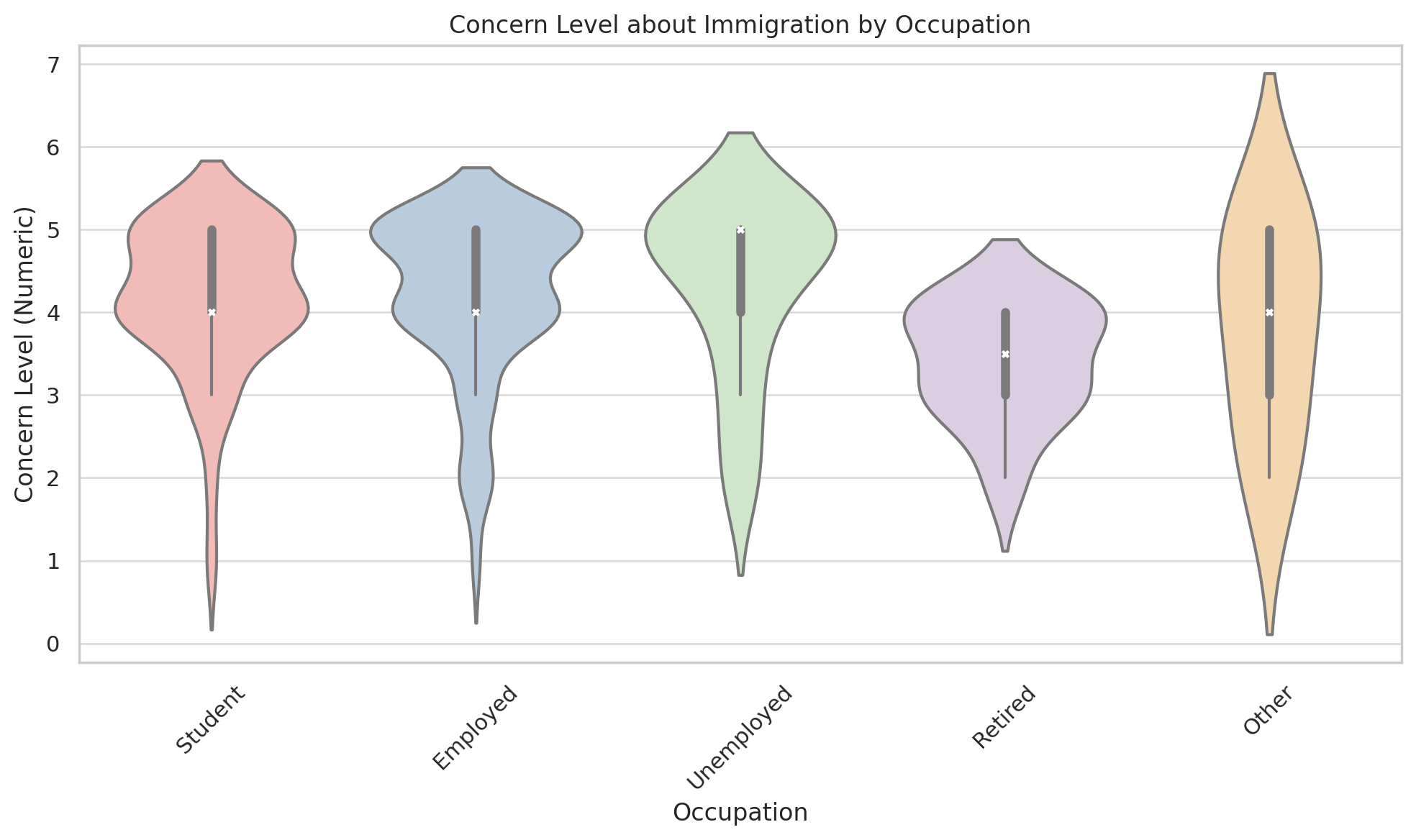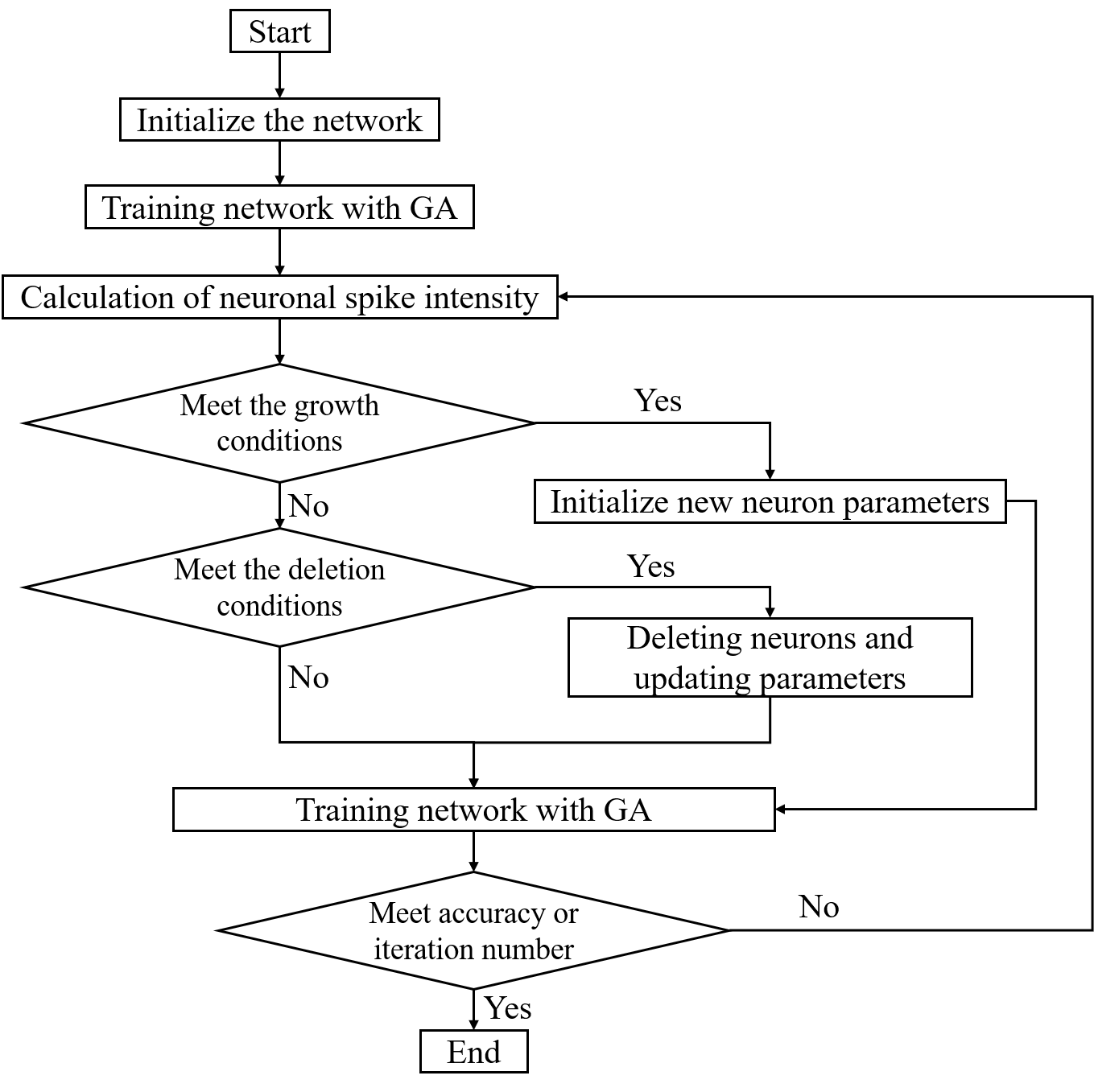 An open access journal
An open access journal
Artificial Intelligence in Healthcare: Transforming Diagnosis and Treatment
Abstract
Artificial Intelligence (AI) is playing a transformative role in healthcare by enhancing diagnostic accuracy, treatment planning, and patient care. This paper explores the significance of AI in healthcare, emphasizing its role in medical imaging, predictive analytics, and personalized medicine. It delves into various aspects, including machine learning algorithms, electronic health records integration, and telemedicine applications. The discussion includes the benefits of AI in healthcare, such as early disease detection, reduced healthcare costs, and improved patient outcomes. Moreover, the paper addresses the challenges and ethical considerations in AI adoption, including data privacy and regulatory compliance. Through a review of AI-driven healthcare solutions and clinical trials, the study highlights the positive outcomes associated with the integration of AI into medical practices.
Share and Cite
Article Metrics
References
- Esteva, A., Kuprel, B., Novoa, R. A., Ko, J., Swetter, S. M., Blau, H. M., & Thrun, S. (2017). Dermatologist-level classification of skin cancer with deep neural networks. Nature, 542(7639), 115-118.
- McKinney, S. M., Sieniek, M., Godbole, V., Godwin, J., Antropova, N., Ashrafian, H., ... & Teixeira, M. T. (2020). International evaluation of an AI system for breast cancer screening. Nature, 577(7788), 89-94.
- Rajkomar, A., Dean, J., & Kohane, I. (2019). Machine learning in medicine. New England Journal of Medicine, 380(14), 1347-1358.
- Topol, E. J. (2019). High-performance medicine: the convergence of human and artificial intelligence. Nature Medicine, 25(1), 44-56.
- Wang, F., Casalino, L. P., Khullar, D., & Deep Learning in Medicine—Promise, Progress, and Challenges. (2019). Challenges and opportunities for integrating artificial intelligence with human health. JAMA, 321(11), 1101-1102.






